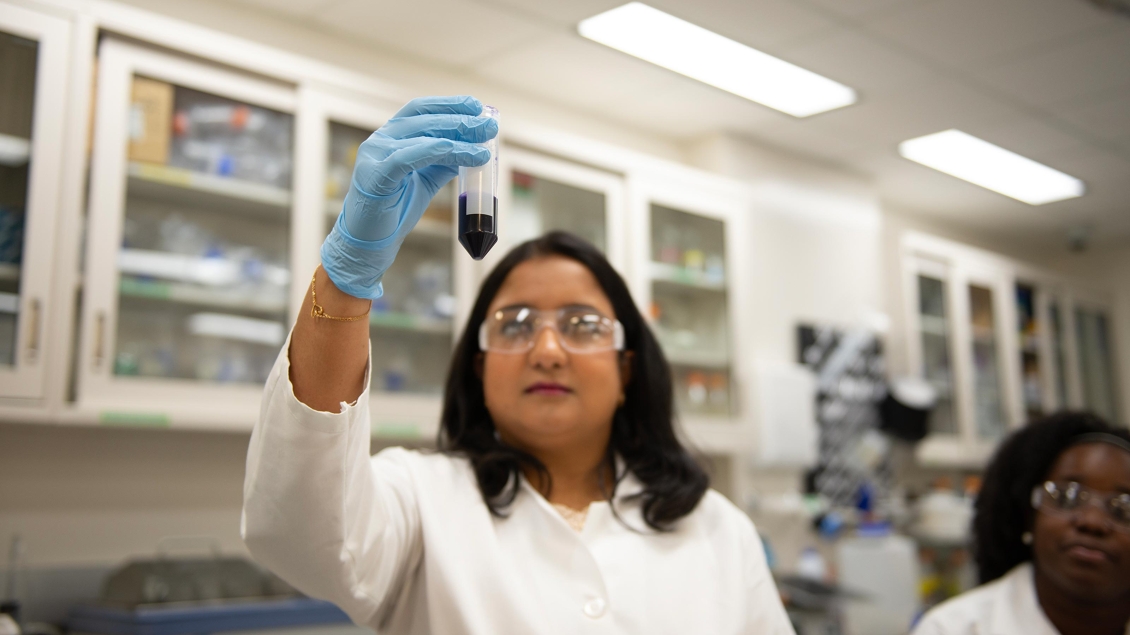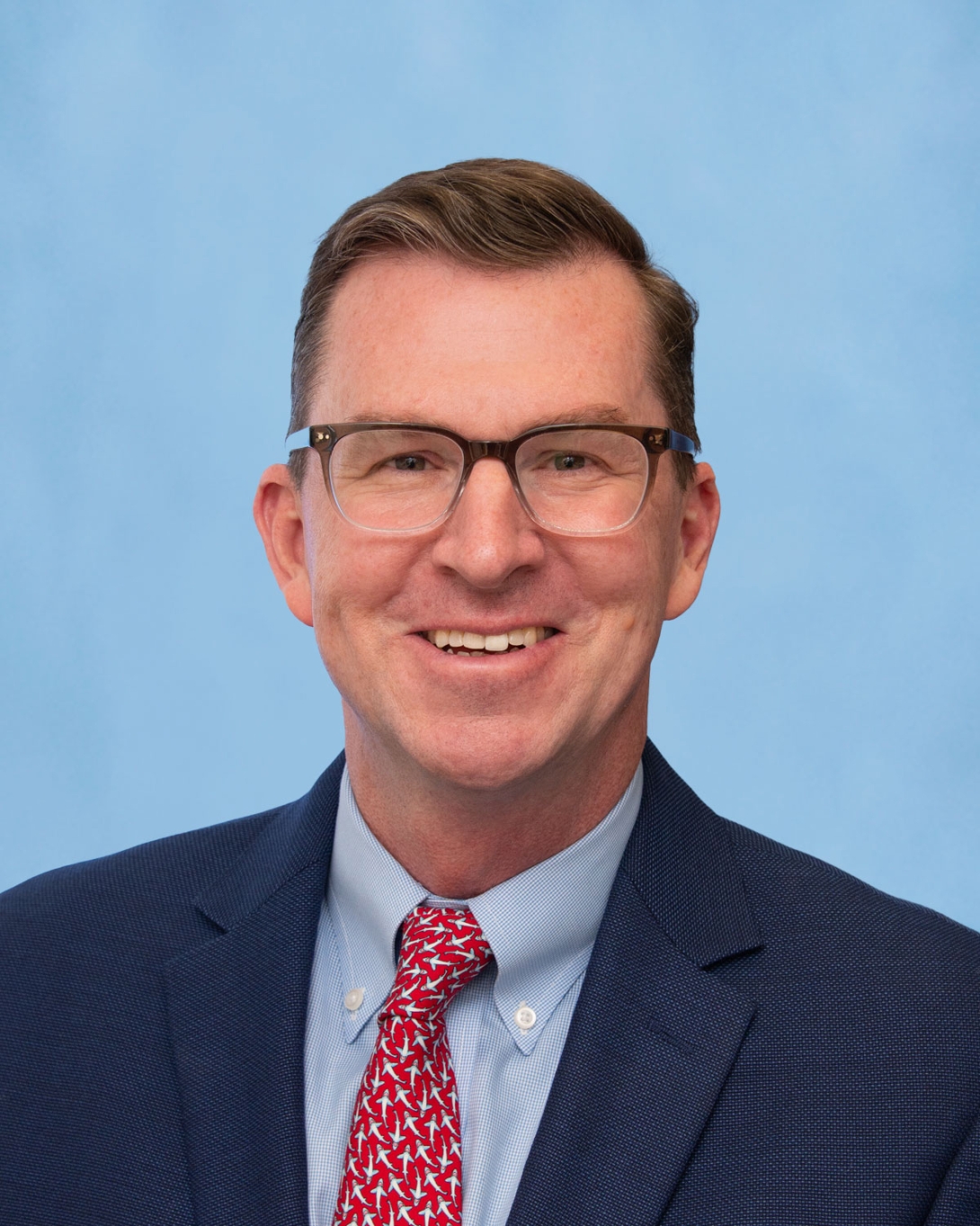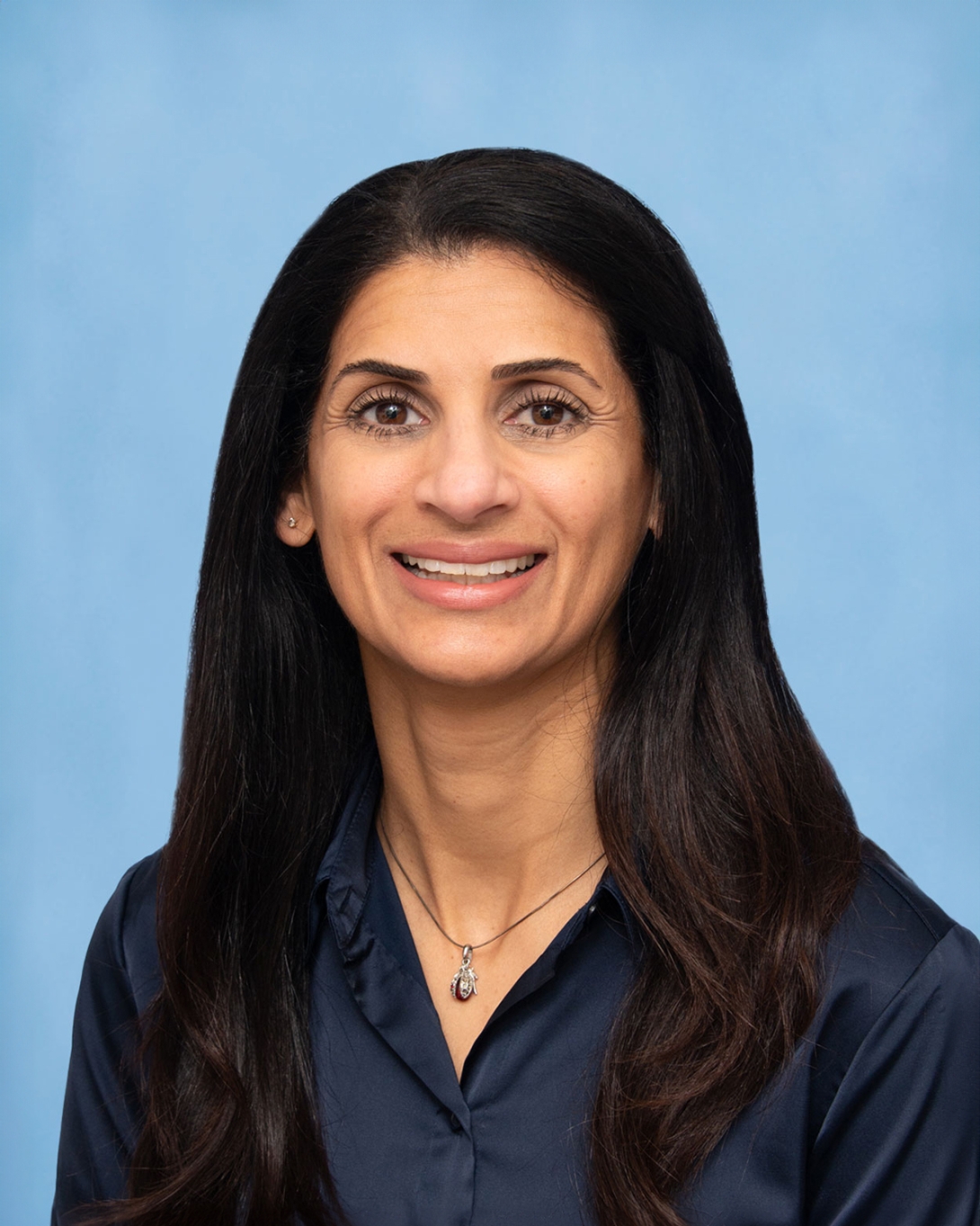
Our goal is to launch surgical trainees on an impact-focused career trajectory through personalized pathways.
Surgical trainees are guaranteed protected academic development time, usually after PGY 3. For most residencies, this is a designated one or two-year experience without clinical responsibilities, although opportunities for moonlighting experiences outside of the institution are available. Funding for this time is guaranteed.
We offer a selection of majors and minors to provide structured academic development time, although residents are not limited to these options.
The Department of Surgery is committed to supporting residents leading up to and during the academic development time (ADT) portion of their training.
Funding is guaranteed for residents during their academic development time. Faculty mentors assist residents with grant applications and study plans in anticipation of ADT, and we frequently partner with our T32 grants and the National Clinician Scholars Program for funding.
Academic development time for all surgical residents includes the following features:
- Flexibility is an absolute priority. Scientific discovery requires that young investigators are given the opportunity to pursue deep interests and curiosities. Structured academic centers are intentionally designed to foster this freedom and not to limit trainee self-actualization. If there is a passion or interest outside of “the norm”, we will find opportunities and resources to support it.
- Residents will work within an academic center for their major. This will provide resources in a community of practice and optimize academic achievement.
- Residents will have the option to choose an academic minor. The minors provide flexible and unique opportunities for academic achievement in important domains academic surgery.
We have incorporated a focus on intentional mentorship for the ADT experience. In preparation for ADT, residents meet with Dr. Michael Englesbe, the department's vice chair for mentorship. Additionally, residents will have a faculty mentor who will provide guidance for grant applications and study plans. Residents will also be offered a launch team. This team is designed to provide diverse mentorship and assure opportunities for professional growth and academic achievement.
Mentorship opportunities will be offered alongside professional development opportunities for residents. Professional development opportunities will be led by Gurjit Sandhu, PhD, the department's vice chair for resident professional development.
| Developing Your Academic Timeline | ||
|---|---|---|
| PGY 1 | PGY 2 | PGY 3 |
|
|
|
The Basic and Translational Science major is supported by the Center for Basic and Translational Science (CBATS). This center, led by Dr. Timothy Frankel, brings together researchers from across the department and Michigan Medicine to create a community of staff, learners, scientists, and faculty members focused on investigating different aspects of human disease.
Please email Dr. Timothy Frankel at [email protected] to become a member of CBATS.
The Education Research major is supported by the Center for Surgical Training and Research (CSTAR). The center, led by Dr. Gurjit Sandhu, is a community of education scientists, ranging from faculty members, researchers, learners, and staff, who come together to share resources and insights around their work, such as curriculum research, teaching, learning, assessment, educational culture, and education policy.
Email [email protected] to become a member of CSTAR.
The Health Services Research major is supported by the Center for Healthcare Outcomes and Policy (CHOP). The center, led by Dr. Andrew Ibrahim is a consortium of over 100 faculty and staff from the medical school and school of public health who are interested in conducting research around clinical practice optimization and health policy to increase the efficiency of healthcare in the United States.
Please contact CHOP Administrative Specialist Ashley Chang at [email protected] to become a member of CSTAR.
The Surgical Innovation major is supported by the Center for Surgical Innovation (CSI). The center, led by Dr. Rishi Reddy, includes innovators and entrepreneurs from across U-M and provides education and support to surgical faculty and trainees interested in commercialization for innovations aimed to enhance the field of surgery and better outcomes for surgical patients.
Please email Candice Stegnik, Associate Director of Innovation, at [email protected] to become a member of CSI.
The Section of Surgery's Center for Global Surgery, led by Dr. Krishnan Raghavendran, offers opportunities in the fields of global health education, international surgical care, and world health policy and research.
Coordinated by the Center for Health Outcomes & Policy and led by Dr. Scott Regenbogen and Bill Palazzolo, Director of Clinical Operations, the Healthcare Administration Fellowship will prepare residents for the hospital administrative side of their future careers and leadership roles in healthcare.
The Health & Design Fellowship focuses design with health as a priority and is led by Dr. Andrew Ibrahim, a faculty member in both the Department of Surgery and the Taubman College of Architecture & Urban Planning.

Cyrenus G Darling Jr M.D. Professor of Surgery
Associate Chair, Department of Transplant Surgery
Professor of Surgery
Medical Director, UMMG
Section Head, Transplant Surgery

Professor of Learning Health Sciences